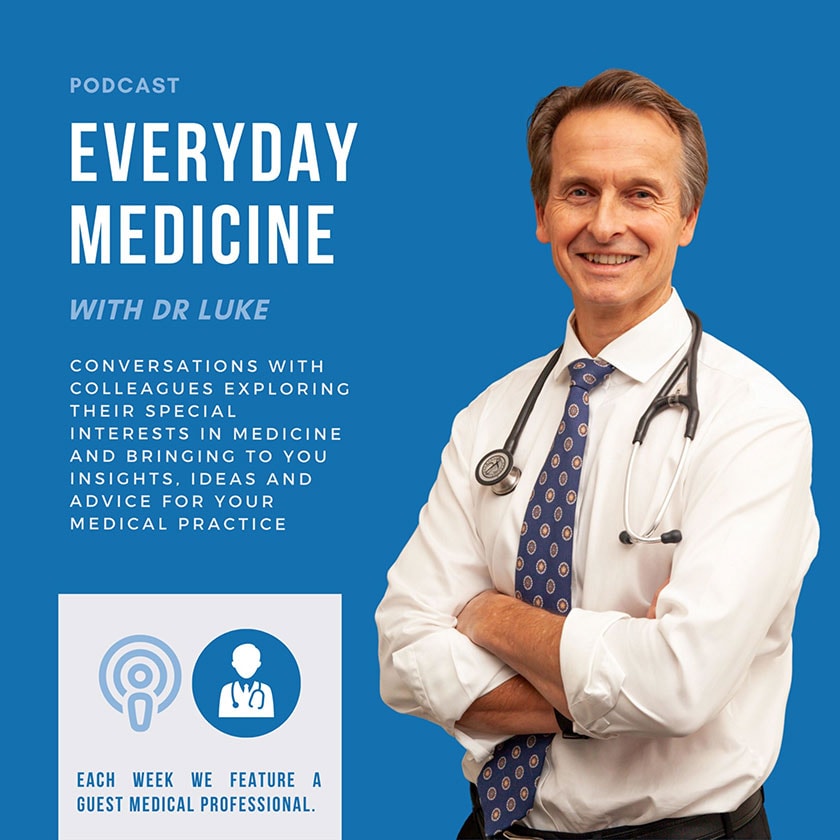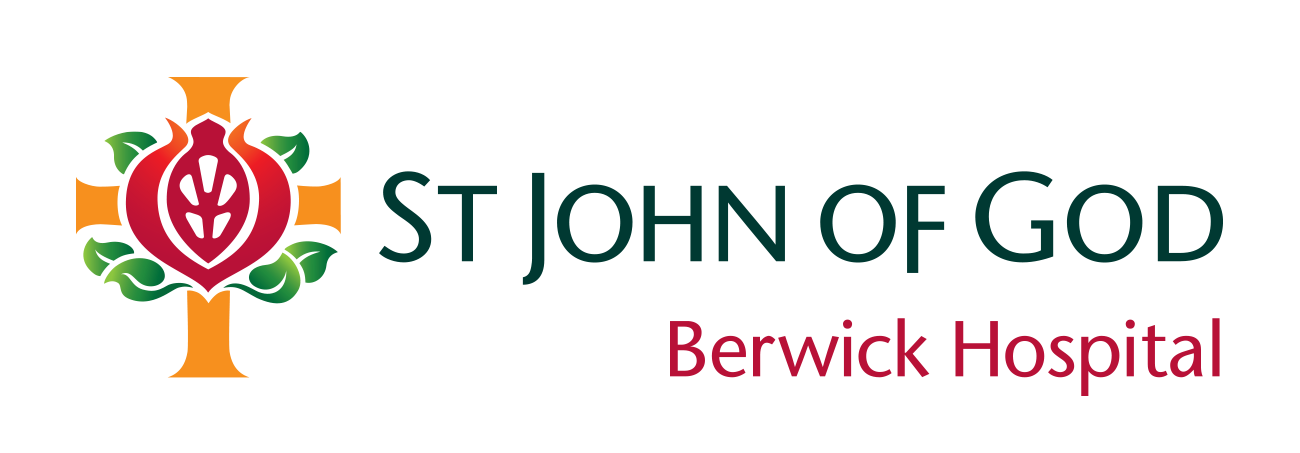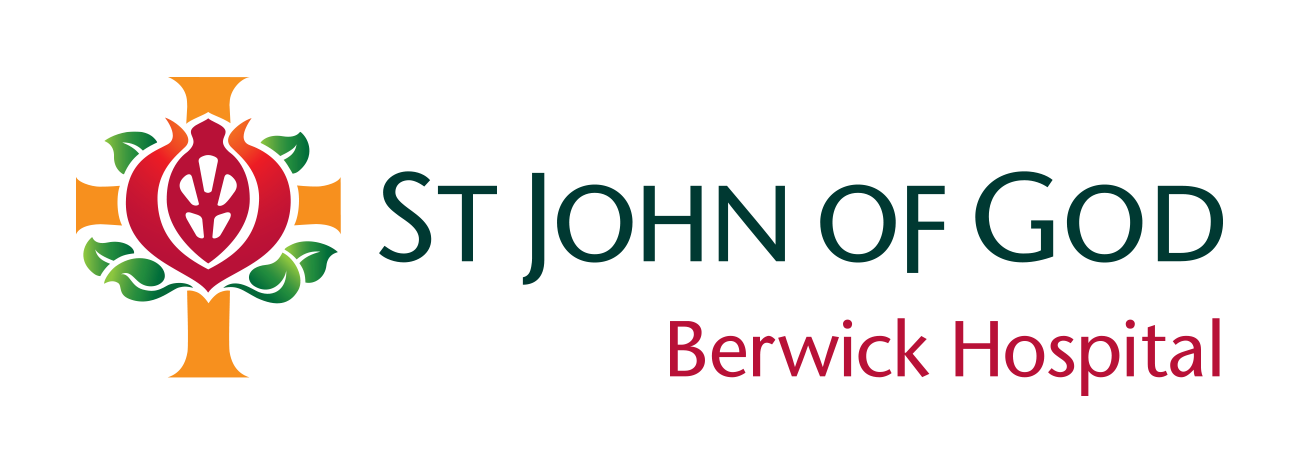Everyday Medicine by no ordinary person
15 Mar 2023

The theory that people are either left-brain dominant (analytical, methodical and scientific) or right-brain dominant (creative, artistic and intuitive) has for decades served as a basis for stereotyping medical professionals.
And while it’s been largely debunked in recent years, our very own gastroenterologist, Luke Crantock, is continuing to do his part to dispel the myth even further by foraying into the field of media arts with his successful podcast series, Everyday Medicine.
Launched amid the onset of the pandemic, Luke diverted his attention and talents to filling an educational void that emerged as a result of the Great Lockdown of 2020.
“The Covid pandemic with enforced lockdowns and restrictions isolated GPs and those in specialties from educational opportunities. As such, I felt motivated to help bridge the gap,” informs Luke, who initially chose to use the podcasting platform to share his expert knowledge on digestive health issues.
Luke admits that when he first considered starting his own series, he didn’t start out with much of a plan. Despite believing he had plenty to say on the topics of hepatitis and liver disease, once the podcast gained momentum, Luke diversified from his own specialised subject matter and pursued more of a journalistic approach to the content he wanted to share.
“It really just evolved,” says Luke. “Sometimes it was a result of particular health issues that piqued my interest, for which I set about finding the right medical professionals to provide insight for me and my listeners. Other times content was derived from patient interactions,” Luke explains, adding that sometimes it would be discussions with his patients also under the care of other specialists who might share with him the new or emerging treatment options being prescribed to them that would motivate him to explore further.
“It’s been incredibly humbling — the amount of time people have given me to share what they know to the benefit of my audience,” comments Luke.
When asked how he has managed the non-linear shift in career paths, Luke admits that managing his full time role as a gastroenterologist while moonlighting as a podcaster hasn’t always been easy.
“It’s quite time consuming,” he says. “But I just fit it in as best I can. Even if it means staying back after work to get the podcast done.” To Luke’s surprise one of the most difficult challenges to overcome in his pursuit to become a bone-fide podcaster was getting people to agree to being part of his ‘on air’ show.
“I didn’t expect people to feel so overwhelmed with the idea,” says Luke who likely has a new-found respect for journalists since dipping his toe in the media field.
Despite some unwillingness to contribute or having a mapped-out plan with a clear direction in the beginning, Luke’s podcast has recently surpassed 100 episodes which is considered to be a pretty significant milestone when measuring the success of a podcast series.
The weekly show which explores conversations with colleagues and aims to help its listeners in their medical practices has continued to rack up other key achievements since its inception in August 2020 as well.
Annual Spotify results for 2022 lists Everyday Medicine as one of its top 30 per cent most globally shared podcasts and top 15 per cent for most followed. Data also shows that Luke has created 1350 minutes of new content — which represents 95 per cent more than other creators in Spotify’s Health and Fitness category for that year.
For Luke it’s a labour of love for which he is not quite sure what the future holds.
“I’ve really enjoyed the learning that has come with this experience,” he shares, noting that some of the most interesting topics he has had the opportunity to explore revolve around the rise of virtual medicine/ER departments and medical breakthroughs such as the discovery of a pathway to the regeneration of insulin in pancreatic stem cells that may lead to new therapies to treat Type 1 and 2 diabetes.
“I found that really fascinating,” says Luke, who adds that while those topics really appealed to him, the biggest listener rates came from episode 37 which attracted 211 per cent more streams than average and discussed the subject of, ‘Why we get fat and what we can do about it,’ with Professor Joseph Proietto, an endocrinologist who specialises in diabetes and obesity.
While Luke remains unclear about the future of the series, he is hopeful that by getting the word out to the medical community, new listeners might drive fresh ideas and expand contributor and content opportunities.
In the meantime, Luke is focusing on updating the podcast’s piano intro — which not surprisingly for a man of many talents — he wrote and performed himself.
If you have a topic you’d like to hear covered or you’d like to be a guest on Luke’s Everyday Medicine podcast series, send an email to [email protected] with your ideas. Everyday Medicine can be found on both Apple and Android podcast platforms.
You may be interested in...

